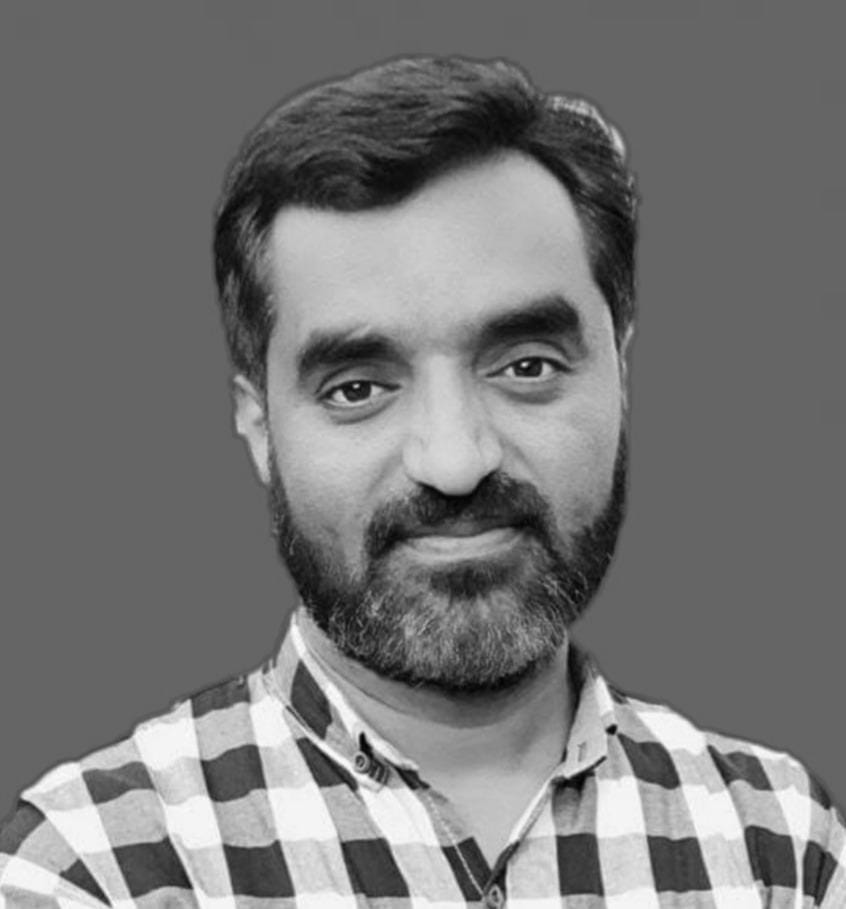By: Asif Mehmood
Pakistan has witnessed a disturbing surge in extrajudicial killings of individuals accused of blasphemy, raising serious concerns among human rights groups and civil society. In recent incidents, two individuals accused of blasphemy were killed while in police custody. Throughout this year, 263 cases of blasphemy have been registered, with eight of the accused killed outside judicial processes.
Experts attribute these incidents to increasing religious extremism and a pervasive lack of trust in Pakistan’s judicial system. Last month, between September 17th and 18th, Dr. Shahnawaz, who had been accused of blasphemy in Sindh province, was reportedly killed in an alleged police encounter. Following this, an enraged mob set his body on fire. Earlier, on September 12, a 52-year-old man named Abdul Ali was shot dead while in police custody by officer Saeed Muhammad Sarhadi in Quetta.
Mob attacks on alleged blasphemy suspects are not uncommon in Pakistan; however, instances of extrajudicial killings by law enforcement officers are rare.
A report by the Center for Social Justice (CSJ) highlights that from 1987—when Section 295C of the blasphemy law was enacted—until September 2024, 2,712 cases of blasphemy were registered across the country. From January to September 2023 alone, 329 cases were registered, with 263 people implicated this year to date. Last year, seven alleged blasphemy suspects were killed extra-judicially, while this year, eight accused individuals have met the same fate.
Peter Jacob, head of the CSJ, noted that these figures reflect only the reported cases, and government estimates suggest that as many as 10,000 individuals may have faced blasphemy charges over the past 37 years. Under Pakistan’s penal code, sections 295A, 295B, 295C, and 298A empower police to arrest and investigate without a warrant or court order. Section 295C, in particular, allows for the conviction and severe punishment of those accused.
In a recent human rights report submitted by Pakistan in Geneva, it was revealed that of the 398 people accused of blasphemy, 395 were men, and three were women. Of these, 392 were Muslim, and six were non-Muslim. Between 2018 and 2023, 260 cases were registered; among these, seven individuals were convicted, eight acquitted, while 245 cases remain ongoing.
The Islamic Ideological Council, led by Dr. Raghib Hussain Naimi, has stated that taking the law into one’s own hands regarding blasphemy accusations is illegal and should be addressed solely by the courts. “No group, mob, or individual should be permitted to take action outside of legal proceedings. Such acts only contribute to disorder,” Dr. Naimi remarked.
The Human Rights Commission of Pakistan (HRCP) has also expressed grave concern over the trend of extrajudicial killings and mob violence. HRCP representatives emphasized the need for state action to counter escalating religious extremism and to address the growing involvement of law enforcement in violence related to blasphemy accusations. The HRCP urged the government to take effective steps to protect the rights and safety of all citizens, underscoring the importance of preserving the rule of law in Pakistan.


